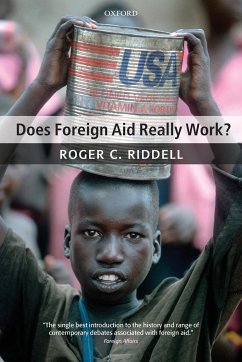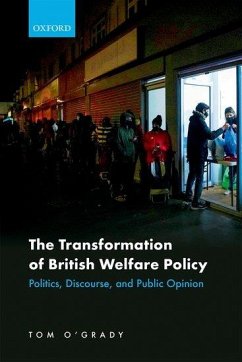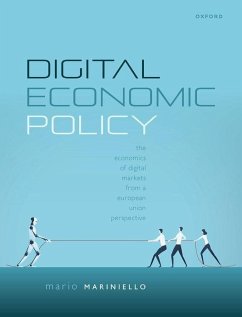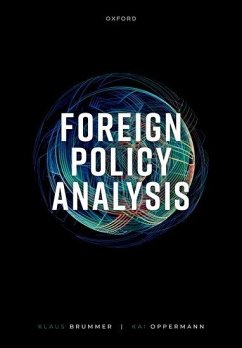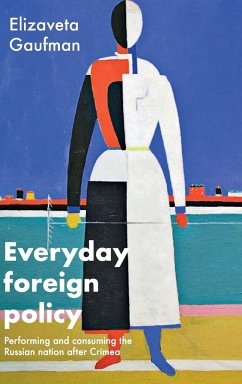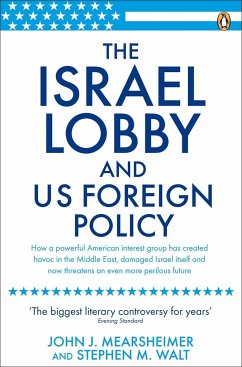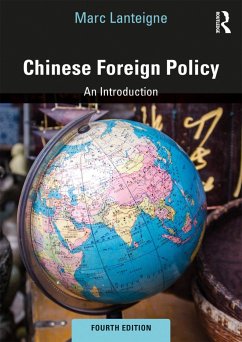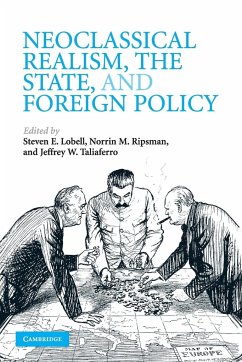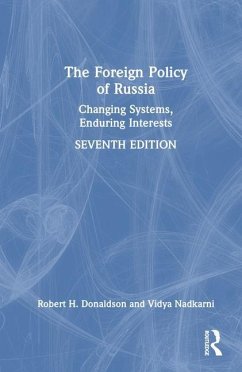Nicht lieferbar
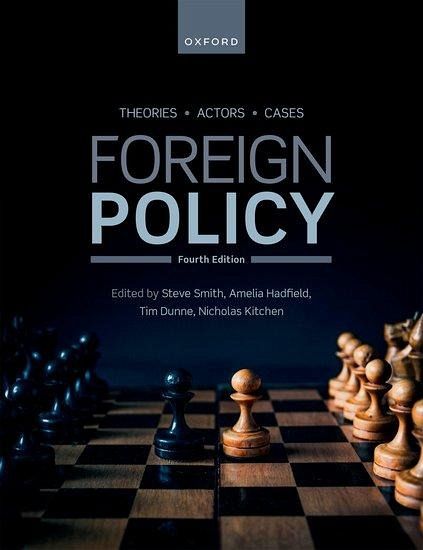
Sir Steve Smith (UK Government's International Education Champion)Prof Amelia Hadfield (Head of Department of Pol Dean InternationalProf Tim Dunne (Provost and University of Su Senior Vice-President
Broschiertes Buch
Foreign Policy
Theories, Actors, Cases
Versandkostenfrei!
Nicht lieferbar




The only introduction to foreign policy to combine theories, actors, and cases in one volume.
Sir Steve Smith is the UK Government's International Education Champion, and the Prime Minister's Special Representative to Saudi Arabia for Education. He was Vice Chancellor of the University of Exeter from 2002-2020 Prof Amelia Hadfield is Dean International and Head of Department of Politics at the University of Surrey. Professor Tim Dunne is Provost and Senior Vice-President at the University of Surrey. Nicholas Kitchen is Senior Lecturer of International Relations and Director of the Centre for the Study of Global Power Competition, University of Surrey.
Produktdetails
- Verlag: Oxford University Press
- 4 Revised edition
- Seitenzahl: 560
- Erscheinungstermin: 28. Juni 2024
- Englisch
- Abmessung: 249mm x 193mm x 30mm
- Gewicht: 968g
- ISBN-13: 9780192863072
- ISBN-10: 019286307X
- Artikelnr.: 68501651
Herstellerkennzeichnung
Libri GmbH
Europaallee 1
36244 Bad Hersfeld
gpsr@libri.de
Für dieses Produkt wurde noch keine Bewertung abgegeben. Wir würden uns sehr freuen, wenn du die erste Bewertung schreibst!
Eine Bewertung schreiben
Eine Bewertung schreiben
Andere Kunden interessierten sich für



